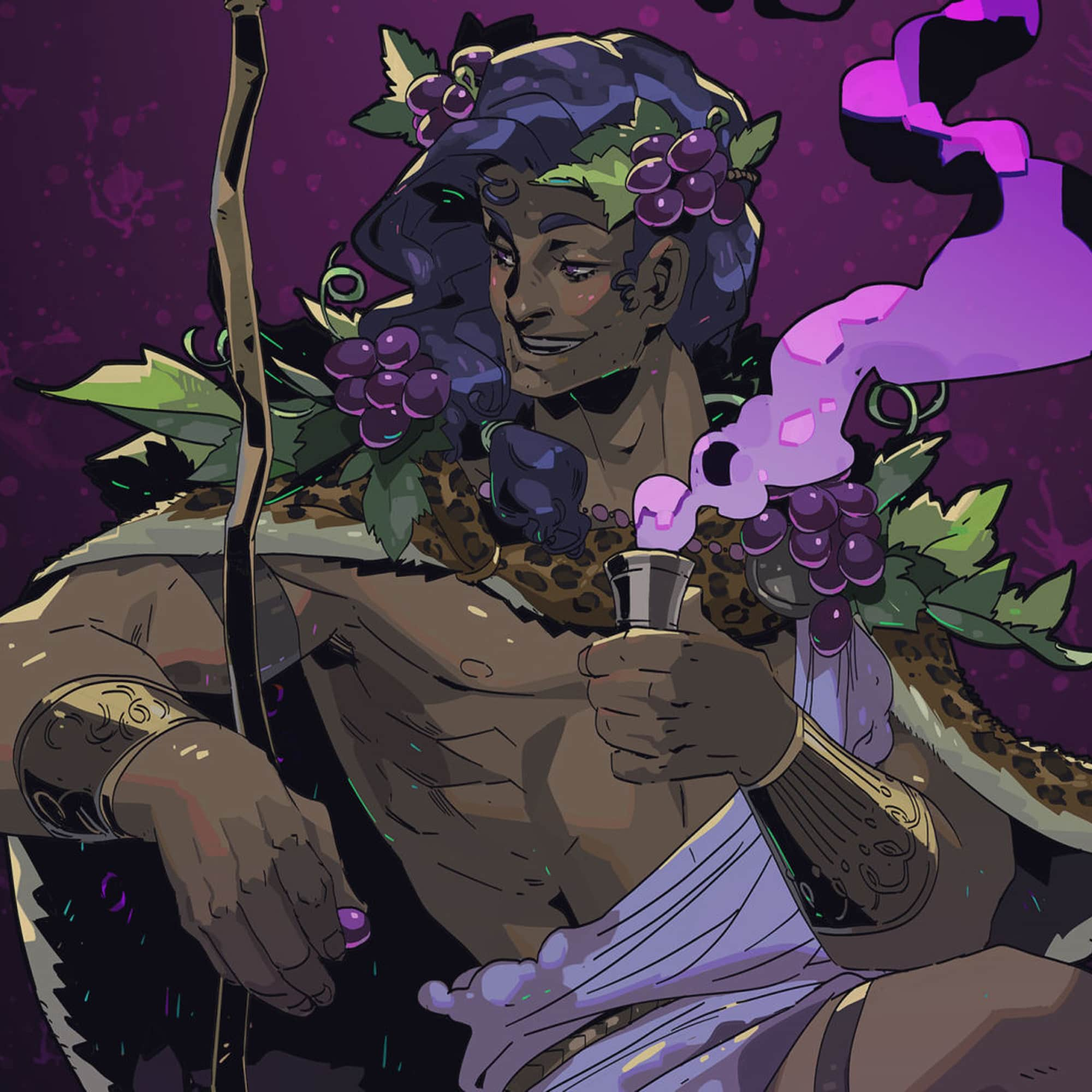
- POPSUGAR Australia
- Gaming
- Good Game: How My Hyperfixation Helped Me Slay at Video Games
Good Game: How My Hyperfixation Helped Me Slay at Video Games

Precision aim, lightning-fast reflexes, the ability to swiftly predict how people will behave — these traits have two things in common. They’re vital to your success in games like Apex Legends, and I’m pretty awful at the lot of them. It’s a mixed blessing and curse then, that I’ve developed quite the hyperfixation on a game I’m bad at.
It’s no surprise that Apex Legends drew me in with one of the most diverse rosters in gaming. For the first time in a long time, every facet of my identity is represented in a game — and for once, the autistic and nonbinary characters aren’t even the robots. One look at the characters and I was hooked. Animated cutscenes, the comics, fanart, wiki pages — I consumed it all with the voracity that only a hyperfixation can conjure, until there was only one frontier left to conquer. The game itself.
I loved the characters, but the gameplay was a difficult thing to get a handle on. I enjoy FPS games, but I’m far more suited to the slower-paced, tactical PvE games, where I can take my time lining up the perfect shot. The twitch-reflexes and predictive thinking required in a battle royale don’t come naturally to me, so I spent a lot of time dying at the hands of my fellow players.
It was frustrating, but I was undeterred because I was driven by a force stronger than my frustration. I smiled whenever Wattson clapped her hands as a physical stim, whenever Bloodhound was gendered correctly, when Valkyrie delivered her pick-up lines to a woman. The back-and-forth between characters as the games went on were enjoyable to listen to, and I cared about the characters, so I kept at it.
The actual gameplay helped too — it’s fun to traverse the world and gather loot, even if you end up delivering it to the waiting hands of your killer. But I came to Apex Legends for the characters, and they kept me there through my frustrating lack of skill.
Turns out though, that if you obsess over a game for long enough it’s pretty much inevitable that you’ll improve. Improvement comes from practice and perseverance, and finding something that can drive you to carry on is a vital component to getting better at anything. The hardest part is pushing through the disheartening phase, when your constant deaths try to drag you down into conceding permanent defeat. My hyperfixation was the driving force that tempered each defeat with enthusiasm for the next attempt. And while I haven’t become an apex predator (and probably never will), I can actually hold my own in matches now, a far-cry from my earlier performances.
Representation in games isn’t only important because everyone deserves to see themselves in the media they love (though that is definitely true). It has tangible benefits for game developers, by keeping a wider audience invested in their creations for a longer period of time. A vocal minority might vilify ‘woke culture’ and ‘pointless representation’, but their whining presence is far outweighed by people who appreciate and benefit from a solid effort to make broader, more diverse characters.
Hyperfixations come naturally to me as an autistic person, and eventually mine will shift from Apex Legends to something else. But while it’s still around, the love I have for the characters will help to keep me in the game, improving my skills and encouraging me to persevere in the face of defeat. I’m not playing to win, just to enjoy myself — and isn’t that what games are all about?
Read more POPSUGAR gaming content below:
- Is ‘Tears of the Kingdom’ a Prequel to the First Ever Zelda Game? Lore Experts Think So
- “She’s a Top”: Anna Torv Answers All Our Questions About Tess In HBO’s ‘The Last of Us’
- 5 Games to Play Before Declaring ‘The Last of Us’ the GOAT
- Elden Ring Detectives Have Some Wild Theories About the DLC — Here Are the Best Ones
- Joel Finally Called Ellie “Baby Girl” In ‘The Last of Us’ and Fans Are Not Okay


